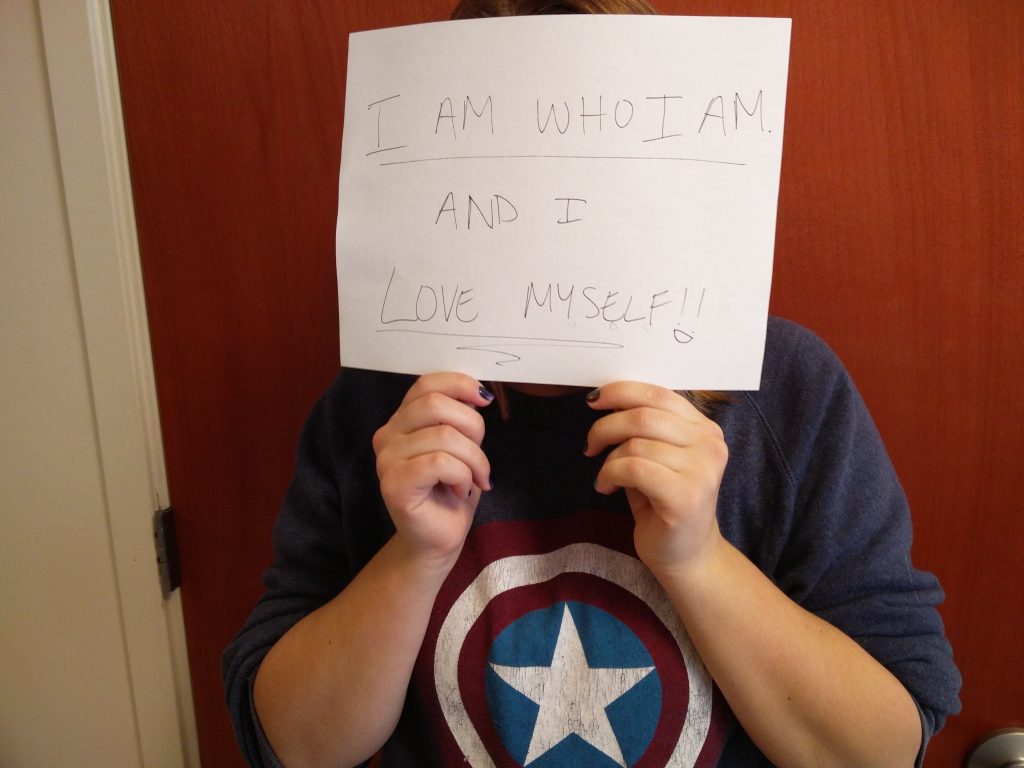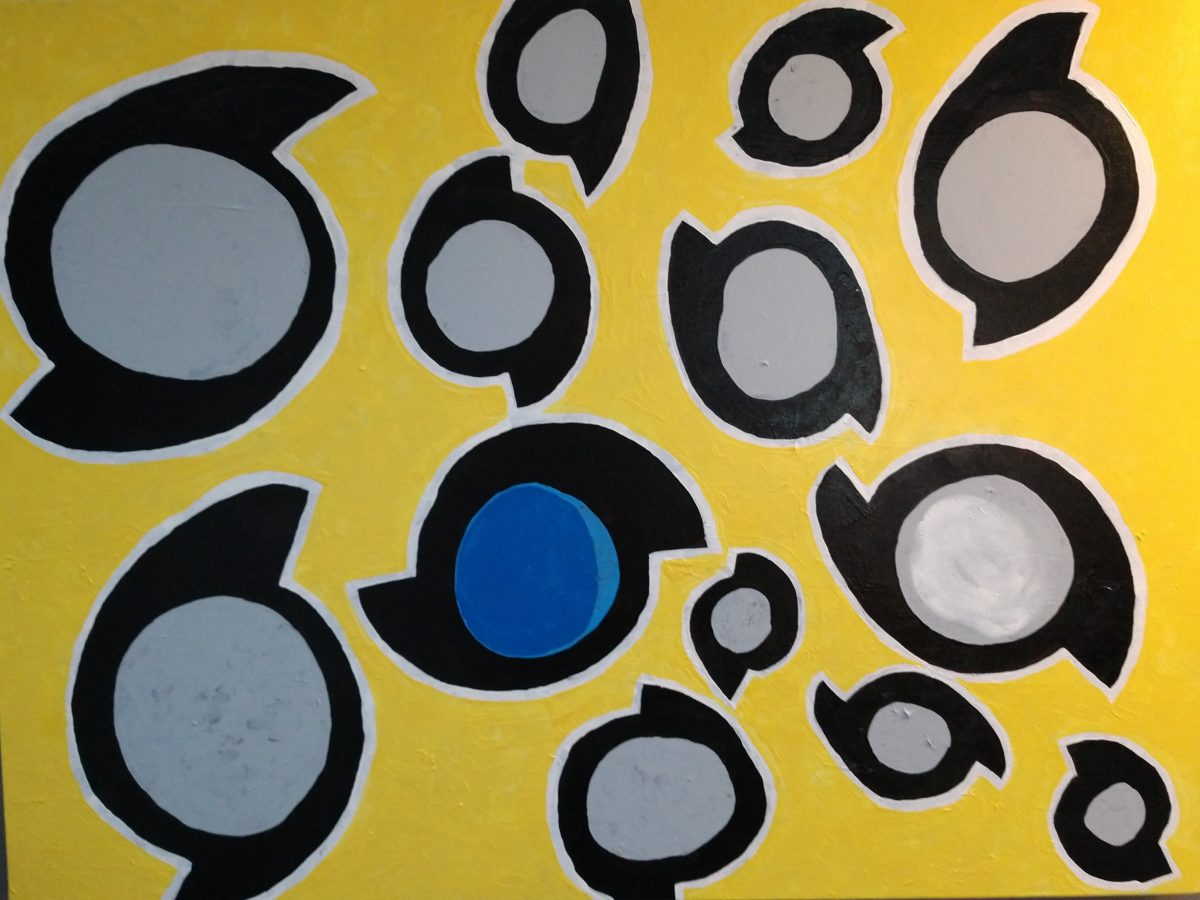Hello … “I am Vietnamese American” (00:28)
That is her difference or in other words, her origin
Her experiences made her feel out of place and separated
Does her appearance have to be questioned or debated?
Growing up was rough
And at times she felt like she had to be tough
But at the end of the day
All that matters is if Salina is okay
One time in Branson
A young white man yelled, “Are you African?” (04:00)
She found it pretty weird
That speaking her native language could be as odd as it appeared
Let’s take it back to when she was picked on
For being the only Asian American in her grade
Aren’t you supposed to be the one making the straight A’s?
She attended a predominantly white school
And that experience was the moment she realized her difference wasn’t ‘cool’
She wished she would have changed the school district
But that decision would have meant more conflict
Things never escalated to violence
And she definitely maintained her silence
But as Salina grew older
She become wiser and smarter
“I am not the typical petite, skinny, and short Asian girl” (00:28)
Some may cringe and stomachs may swirl
Or how about “you’re acting white” (02:00)
Why can’t we stop with the nonsense and just unite?

Stereotypes can get carried away
Especially in our society today
That remains to be the biggest challenge she faces
And it can occur on a regular basis
For instance, let’s discuss her family
That gave her so much agony
“For the family members that were telling me that I was fat” (01:14 ; continued)
Are you not satisfied with my plump lips or that my stomach isn’t super flat?
Those words hurt deep inside
And was never pleasing in her eyes
Does she have to meet the standard?
Seems to me you’re more like a commander
Hearing “you’re fat” as a kid made things worse and unclear
If she were to start crying, would you be there to wipe the tear?
She even made a workout plan
Her brothers were two of her biggest fans
“If I’m skinny, I would be considered pretty or attractive” (00:31)
So she knew that she had to become more active
Do you understand that this affects your mental
But the words must’ve slipped out your mouth and were ‘accidental’
Why can’t we just empower one another
Instead of allowing others to break down and suffer
The name is Salina Nguyen and she was born in Kansas City
She celebrates her difference and has found her inner beauty
Back then, she tried to look like everyone else
But she soon realized that she didn’t have to ; she has to love herself
This interview was quite interesting
And our discussion was very intriguing
I asked her for advice to those in a similar situation
“Don’t give a [sic] what those people think” was her narration (2:23)
I felt the same way
Being judged for how we act or look is not okay
This is a norm in society
And to some, these views can cause anxiety
We didn’t discuss a lot about her culture or family background
Was she a refugee? The discussion would’ve had a huge turn around
Nothing was too extreme, just like Hitler and his persecution skemes
But I loved talking with my girl and her powerful words built my self esteem.





